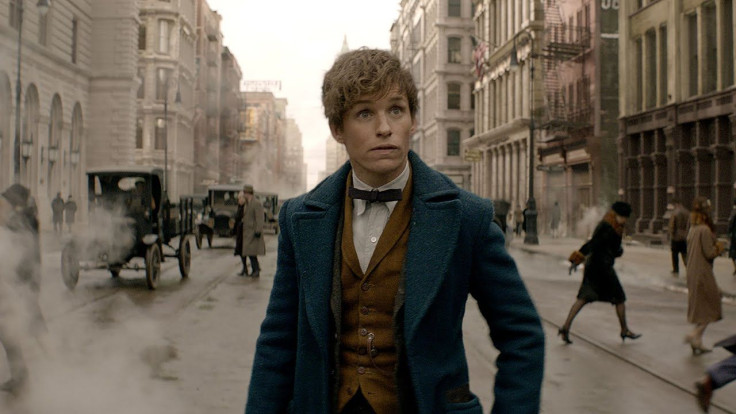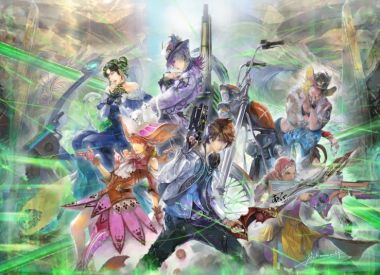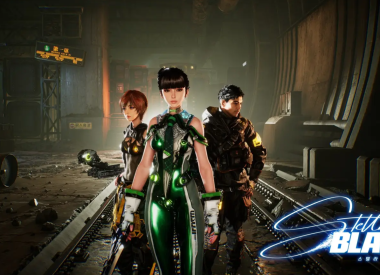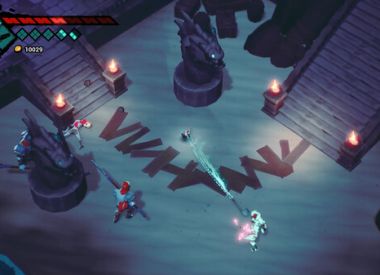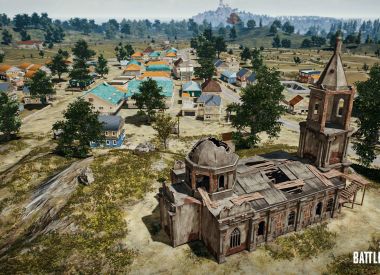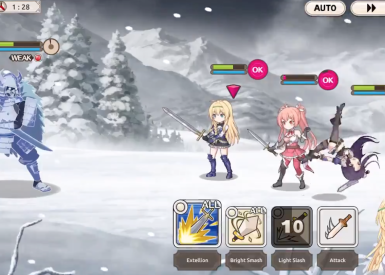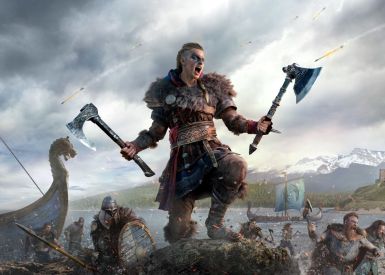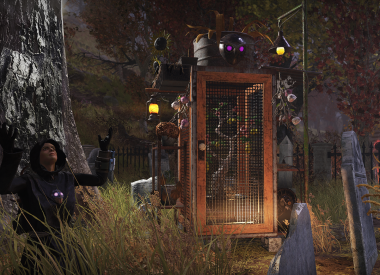Fantastic Beasts and Where to Find Them brings the creaking edifice of the Potterverse tumbling down, so expertly proving the limitations of J.K. Rowling’s wizarding world that it’d look like sabotage were the job not so incompetently done (and had Rowling not written the script herself).
Despite the title and magizoologist protagonist, Newt Scamander, Fantastic Beasts and Where to Find Them isn’t much about his fantastic beasts at all. Perhaps the trailer gave you the same impression it did me: this is a movie about a young wizard rounding up escaped fantastic beasts. But escaped fantastic beasts are not the plot’s material. Instead, the fantastic beasts are what’s happening when the plot is not. The actual substance is a dizzying hodgepodge of potential scenarios, half-baked political skirmishes, wartime foreboding and dead-end nonsense that takes place in the narrow gaps in between Newt Scamander’s busywork stuffing horny rhinoceroses back into suitcases or tossing cockroaches into tea kettles (don’t ask).
A big part of the problem is simple motivation. We want what Harry Potter wants: to see more of this wizarding world, to grow into it and find a place. But at the opening of Fantastic Beasts we are as uncertain about Scamander’s goals as he is about the local American customs (such as their replacement of the toothsome, fun-to-say “muggle” with the plodding, literal, unmelodious “no-maj”). At first Newt announces he’s in America to breed one of his creatures. Okay. Later he admits that was a ruse, he’s really here to set a giant bird loose in Arizona. Would it surprise you to learn that Fantastic Beasts and Where to Find Them isn’t a movie about setting a bird loose in Arizona?
Instead, Fantastic Beasts is about everything other than Newt Scamander and his stupid, broken briefcase that belches out a creature whenever we need a new slapstick action scene.
Rowling’s script sets up potential plotlines like a scattershot TV pilot. There’s the mysterious something wreaking havoc around New York. There are the Second Salemers, a group of tediously villainous, anti-witch no-maj activists who happen to be 100% right in every particular of their critique of the wizarding world (but they’re pale as Death Eaters, talk in monotone and stare off into space a lot, so… bad guys). There’s a Senator Shaw and his newspaper magnate father. Grindelwald is causing havoc in Europe (he winds up more integral to the plot than you might think). The Magical Congress of the United States of America perpetually frets about a war breaking out should regular New Yorkers ever discover the secret witch society among them.
All of these swirling, churning facts and factions give off a desperate stink. For much of Fantastic Beasts we hop around from thread to thread, just waiting for the movie to settle on one already and tell us an actual story. Meanwhile, Newt Scamander takes a 20-minute break to show no-maj baker Kowalski around his private zoo, introducing us to beasts we’ll never see again. It’s exactly as dull as watching someone scroll through a Pokedex.
The problem is J.K. Rowling’s screenplay. It’s unfocused and much happier reading off various fresh entries from some sort of wizarding world wiki, leaving even its delightful moments untethered from any forward momentum. Yes, Redmayne destroying a jewelry store to retrieve a covetous Niffler is fun — with all the visual levity and whimsy of the Harry Potter series at its best — but it has no weight and no impact on the events we’re meant to follow. The plot’s busy happening, just somewhere else in the city.
Had Fantastic Beasts genuinely been about Newt Scamander restoring his bestiary, it might have worked. Sure, it’s a bit thin, but at least we’d know what we’re investing our interest and attention in. It might feel like a curiously low-stakes movie, but so did most of Harry Potter and the Philosopher's Stone (an inadequate movie for other reasons all its own). But instead we have a movie that follows characters essentially unnecessary to the actual events. And while Newt gets adequate time to establish himself, Porpentina Goldstein is a criminal waste of Katherine Waterston as an ex-auror looking to get back in the good graces of the Magical Congress.
What about the actual plot of Fantastic Beasts and Where to Find Them? Unfortunately, it hinges on a level of realism and wizard world geopolitics that’s absolutely disastrous for the entire fictional universe of the Harry Potter series, which always made more sense as a fable than it did a working fantasy world. The increasing demands of the movies and the aging up of the series eventually put it in an impossible position, one that Fantastic Beasts is too bungling to avoid.
Give any element of wiz-world too much thought and it starts to feel icky. Sure, Voldemort hated mudbloods, but all of wizarding society is built around hiding tremendous scientific and medical gains from humans in desperate need. Even without Voldemort’s additional dollop of prejudice, the wizarding world is an exclusionary realm, with the power to reshape the world for everyone, but accountable only to themselves.
Yes, these are silly, subtextual critiques; critiques that don’t need to be wielded against an escapist adventure. And they’re critiques no one would level against the resolutely fanciful stories of someone like Roald Dahl, with his chocolatier slavers and giant peach apartments in Central Park. But Fantastic Beasts is begging for it. Beasts picks at every weak point like a kid scratching a scab. And while it mostly comes off as incompetent, it’s every attempt to explain or justify the ways of the wizards puts it in a place of utter moral horror. It’s hard to overstate just how nefarious Fantastic Beasts makes the American wizard society appear, but let’s begin with a giant spoiler (just this sentence, I promise) that best dramatizes just how sickening Fantastic Beasts gets: the movie ends with the “good” wizards executing an abused child, firing into him with magical tommy guns.
It’s honestly repulsive. And it would be downright offensive if it felt like there were any clarity to Fantastic Beasts at all. Its muddled attempts to explain how wizarding society can simultaneously be in danger from poverty-stricken anti-witch activists AND own giant, magic skyscrapers from which they manipulate the entire populace lacks the clarity to be truly abominable. Don’t even get me started on their no-trial executions, which first strip you of memories that could be useful to the wizard elite (again, these are the good guys). One more spoiler (sorry, I lied earlier): the big, triumphant moment at the end of Fantastic Beasts is the wizards erasing the memory of everyone in New York City, including scouring clean the psyche of one of the main characters, who had helped Scamander and Goldstein all along the way. Gross.
Still, the failings of Fantastic Beasts and Where to Find Them aren’t moral failings. Instead they’re indicative of a general sloppiness and a complete unwillingness to question a first-time screenwriter whose grasp on her own fictional world has grown too tight to indulge the playfulness required of it.

